China’s Sichuan province takes tough stance on overtime work
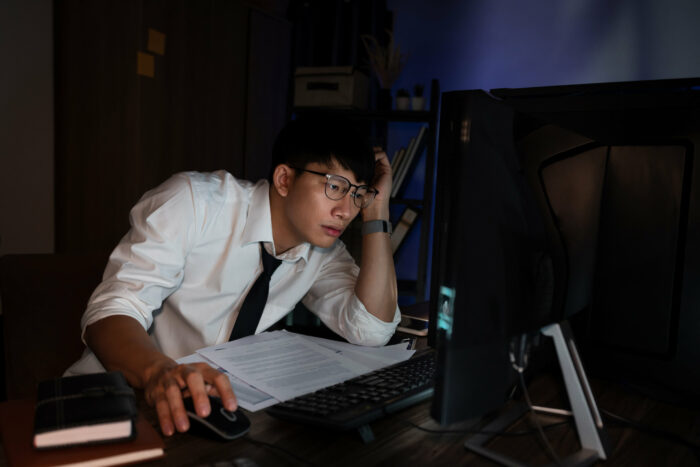
Sichuan province conducted a week-long inspection on overtime work and takes “zero tolerance” towards employers who breach labour laws.
Guidelines for unvaccinated, on-site workers issued in the Philippines

A “no work, no pay” scheme should only serve as a last resort for employers when dealing with their unvaccinated workers.
Full vaccination mandated for some workers in New Zealand

Unvaccinated staff in businesses where customers need to show My Vaccine Pass cannot work unless they are fully inoculated against COVID-19.
Malaysia helps more than two million workers stay employed
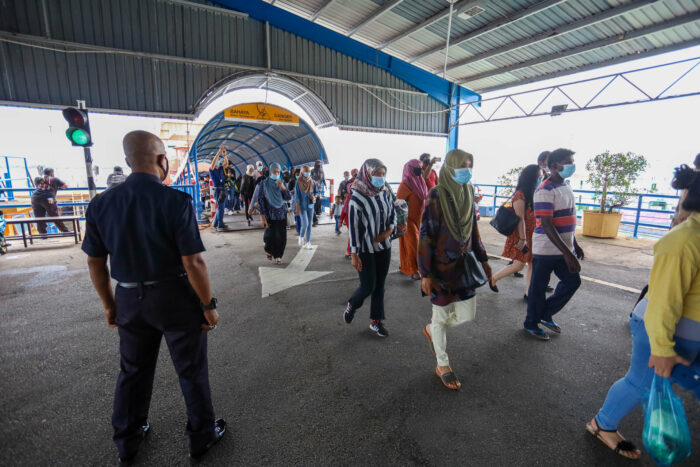
The government has distributed RM19.21 billion (US$4.6 billion) under its Wages Subsidy Programme (PSU) as of October 29.
Indonesian government told to act against minimum-wage violators

The government has been urged to strictly monitor the minimum wage implementation and take ‘firm action’ against violators.
MSMEs in the Philippines told to ensure payment of 13th month pay
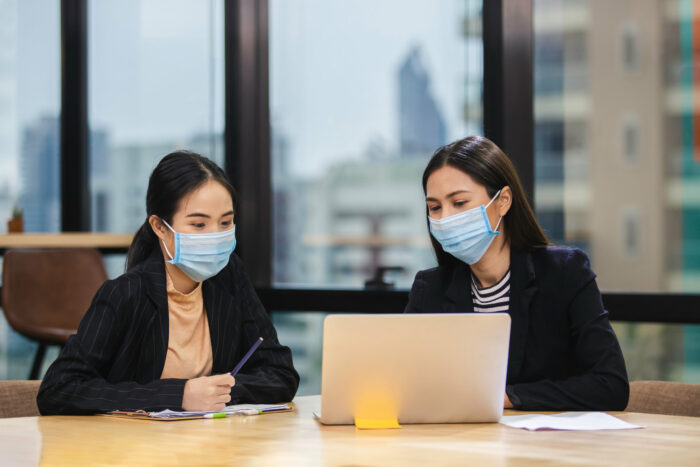
Micro and small businesses are provided with the option to apply for a government loan to pay employees their 13th month salary.
Vaccination for on-site workers to be mandated in the Philippines
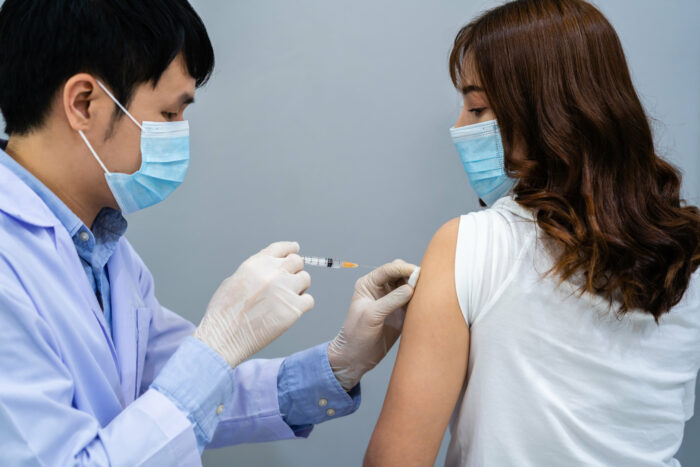
The new measures will take effect on December 1, and those who choose to be unvaccinated will have to shoulder the cost of COVID-19 tests.
Hong Kong pushes for weekly COVID-19 test for public workers
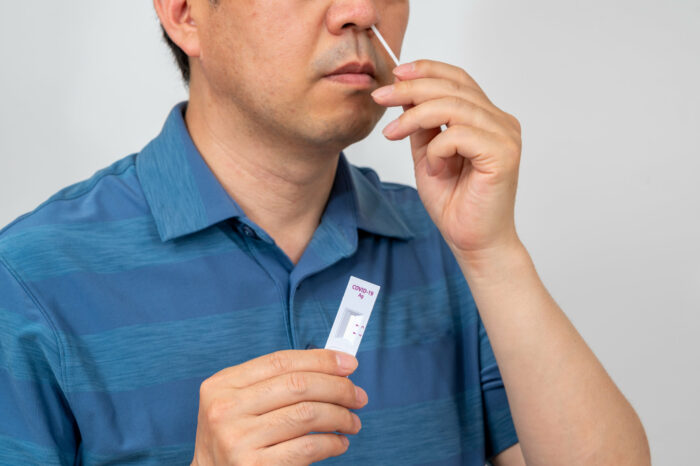
Unvaccinated government staff may need to get tested for COVID-19 every week instead of once every two weeks.
Unpaid leave await unvaccinated public officers in Singapore
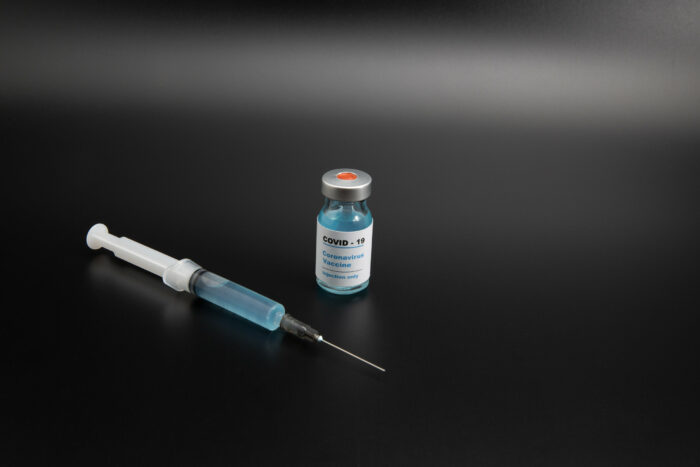
Medically eligible public officers who opt to remain unvaccinated against COVID-19 may be asked to take unpaid leave.
Malaysia priorities safety of employees working from home
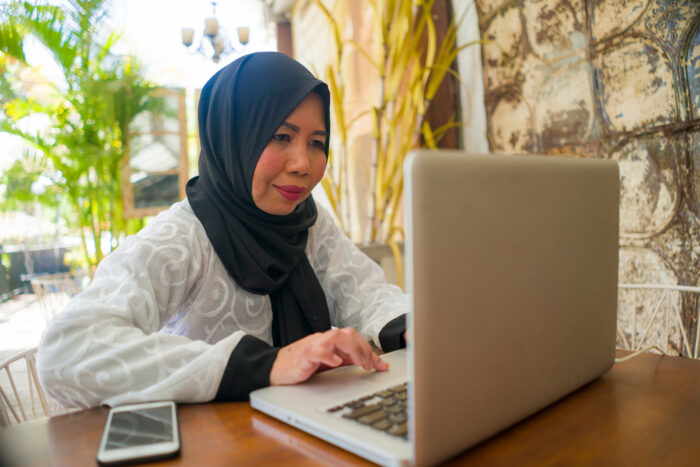
Malaysia is making amendments to the Employment Act 1955 on flexible work to ensure employees can work safely from home.
New Zealand makes vaccination mandatory for hospitality staff

Employees of businesses where customers are required to show vaccine certificates will be given four weeks to also get the jab or face sacking
Thailand to regulate digital platform businesses

To maintain financial and commercial stability, such businesses will have to provide notification before commencing operations.
Unvaccinated workers in Singapore could lose their jobs
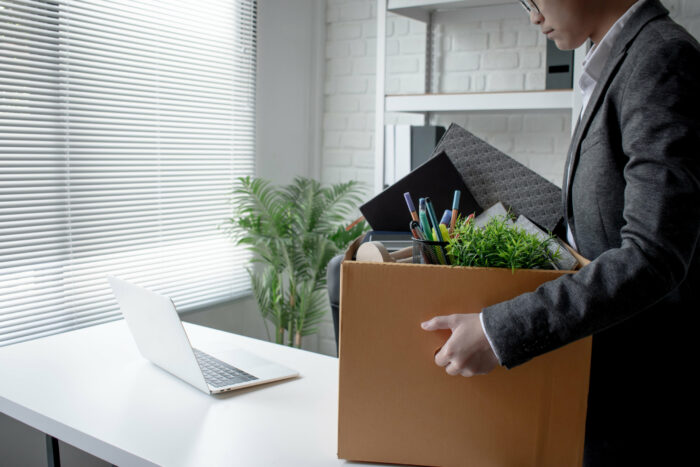
From 1 January 2022, workers who refuse to disclose their COVID-19 vaccination status will be treated as unvaccinated.
Malaysia proposes amending Employment Act

The human resources minister has tabled for the first reading a Bill to amend the Employment Act to insert a new section on paternity leave in Parliament.
Eateries, spas cannot sack unvaccinated staff in the Philippines

Businesses offering dine-in and in-person services cannot fire staff or withhold the salaries of those who are not vaccinated.
Unvaccinated workers not allowed back to the workplace in Singapore
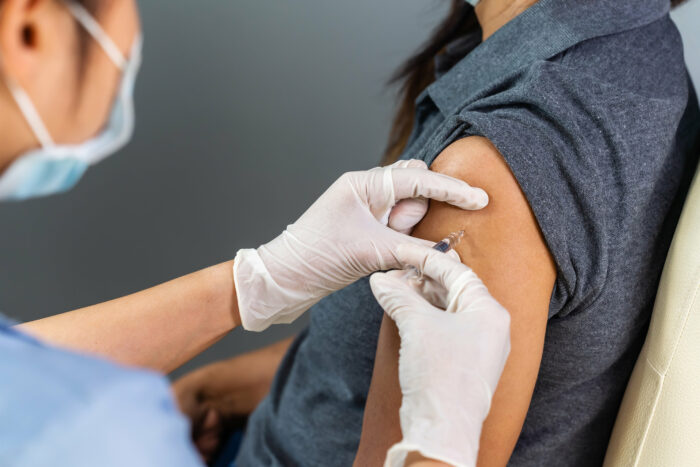
From January 1 next year, only those who are vaccinated will be allowed back to the workplace, or if they have tested negative for COVID-19.
Malaysia’s civil servants told to get vaccinated or face dismissal
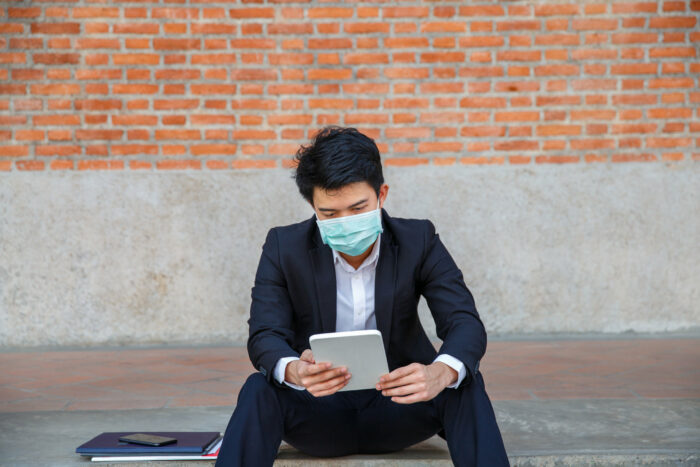
The Public Service Department (JPA) is mandating all medically fit civil servants to get the jab against COVID-19 or face the sack.
‘No vaccine, no pay’ practice declared unlawful in the Philippines

Some workers have said that they were not paid their salaries as they were required to first present proof of vaccination.
Australia mandates vaccination for service workers in Northern Territory

Australia’s Northern Territory has made it compulsory for anyone serving the public at work to be vaccinated against COVID-19.
Workers in Vietnam see fall in wages in Q3’2021 due to COVID-19
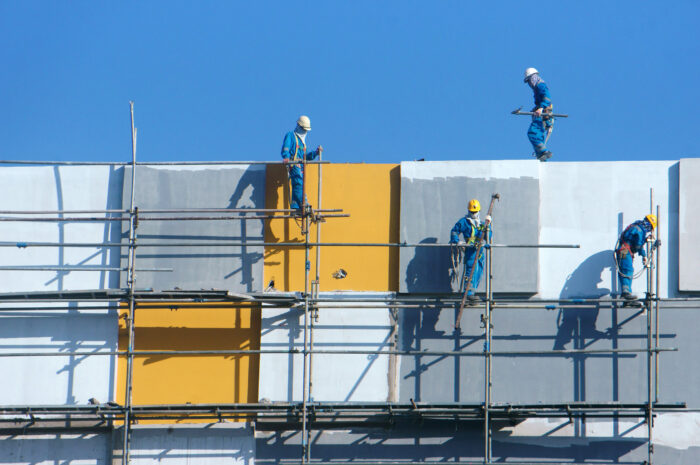
Male workers are also receiving a higher average monthly wage as compared to their female counterparts.
Singapore recovers US$266 million from overpayment of wage subsidies

The government has recovered S$361 million (US$266 million) from 4,862 firms to remedy overpayments in the Jobs Support Scheme (JSS).
Employers in Cambodia urged to test staff for COVID-19 after public holiday

All employers have been told to test staff for COVID-19 after they return to work after the three-day Pchum Ben holiday or Ancestors’ Day.
Malaysia mandates COVID-19 vaccinations for government staff
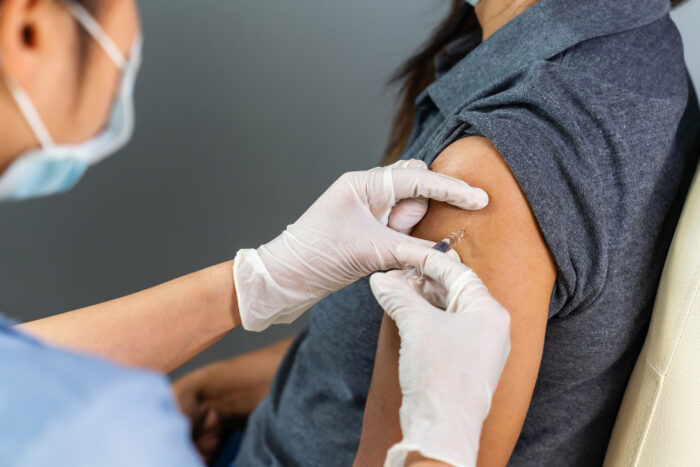
Malaysia has announced that all medically fit federal government employees must be vaccinated against COVID-19.
New South Wales makes vaccination compulsory for all healthcare staff

Healthcare staff in New South Wales (NSW) must be inoculated with the COVID-19 vaccine by September 30, said NSW health minister Brad Hazzard.
Workers in Singapore with positive ART test must work from home

If their jobs do not allow them to work from home, then employers must treat the period of absence as paid sick leave, said authorities.
Singapore reverts to work-from-home as default again

As COVID-19 cases continue to spike, work from home (WFH) will be the default for all employees who are able to do so.
Australia’s casual employment law set to kick in end-September

Changes to the Fair Work Act were passed in March, allowing casual staff the right to convert to permanent employment after 12 months of work.
All healthcare staff in Victoria state mandated to get COVID-19 vaccination

Thousands of Australian healthcare workers risk losing their jobs if they opt not to be vaccinated under new government rules.
China urges tech firms to protect gig worker rights

Regulators met with Chinese tech giants to discuss efforts to protect the basic rights of gig workers, following new government guidelines.
Clusters at Japanese workplaces due to inadequate anti-COVID measures
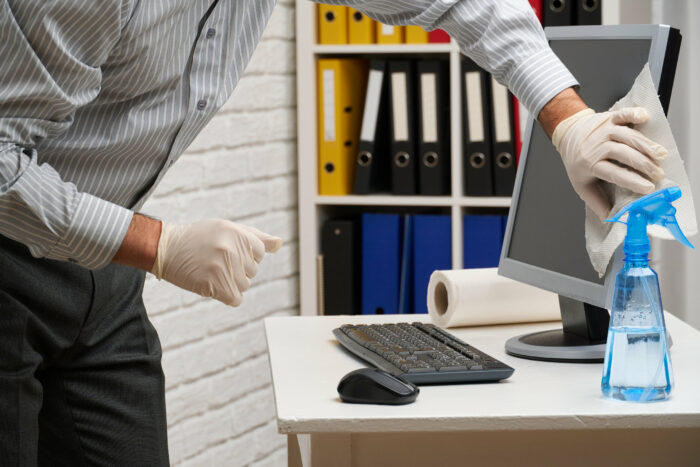
Japan’s health ministry has found that clusters at workplaces were due to insufficient anti-COVID measures.
